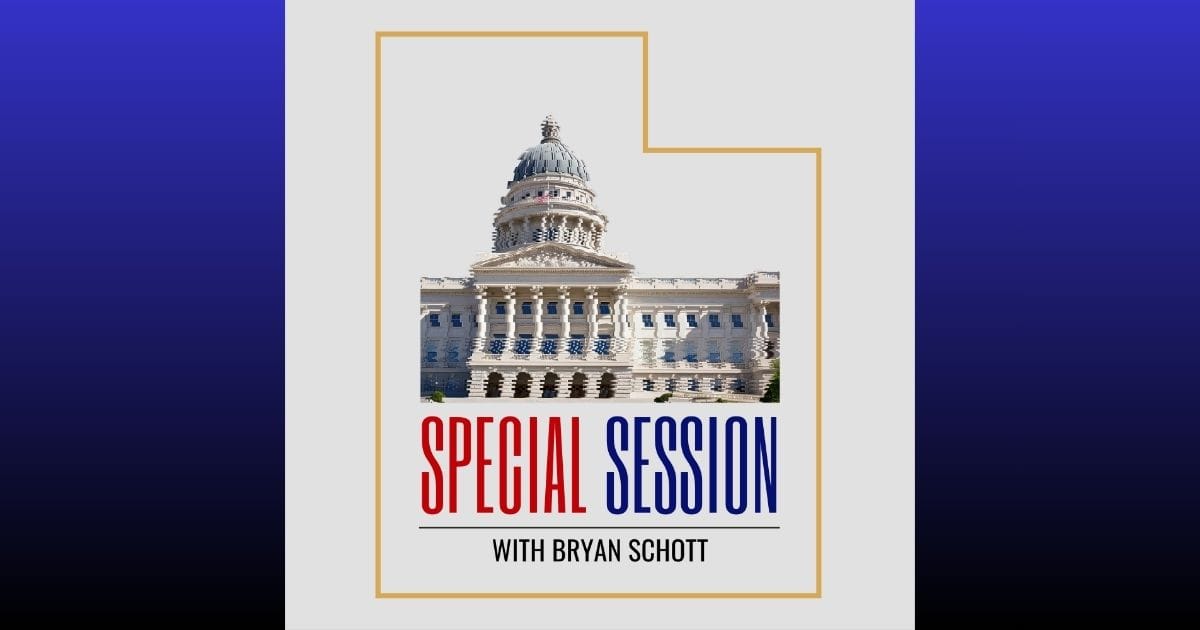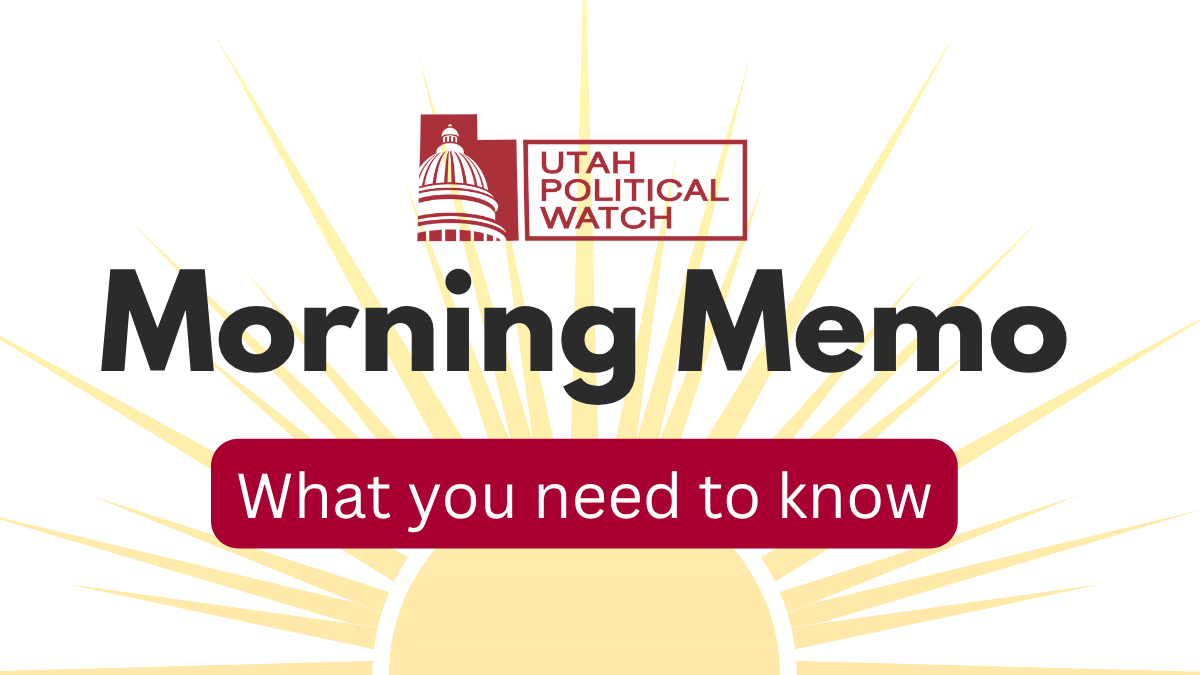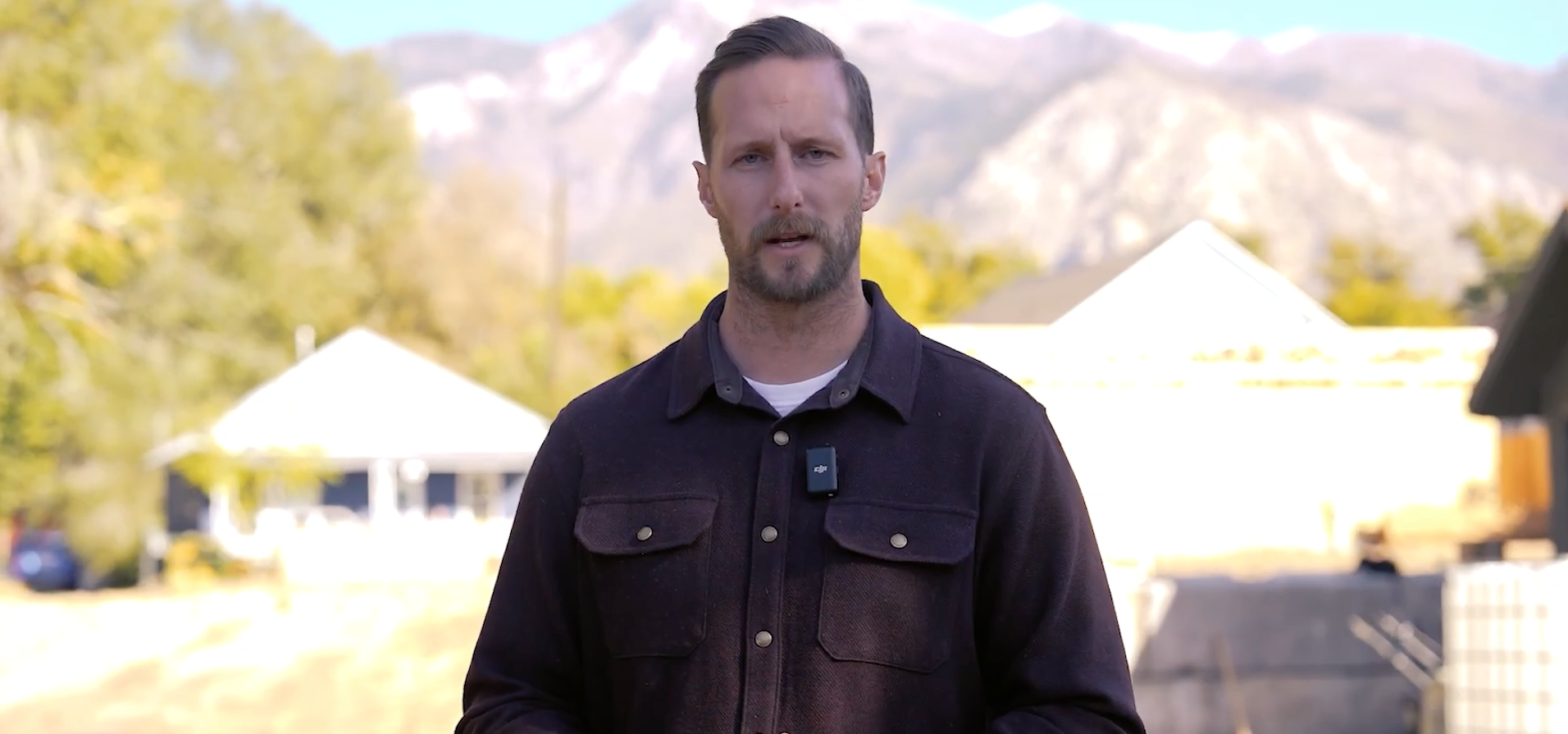A small cadre of Utah GOP dissidents and others filed a federal lawsuit that alleges a sweeping racketeering-and-election-fraud scheme to keep “signature-gathering” candidates on the ballot under SB54—effectively nullifying the party’s 2024 convention results. The filing targets nearly a dozen officials and even a Utah Supreme Court justice, and asks a judge to eject Gov. Spencer Cox, Sen. John Curtis and Attorney General Derek Brown from office and install convention picks Trent Staggs, Phil Lyman and Frank Mylar to serve out the remainder of their terms.
Independent Journalism Can't Be Bought or Silenced
No corporate ownership. No billionaire backers. Just accountability reporting that makes powerful people uncomfortable.
Start with our free newsletter or go all-in with a paid subscription and get full access and the knowledge you're funding fearless journalism.
At the center of the case is Utah’s hybrid nomination law, SB54, which lets candidates qualify either through the convention or by collecting signatures. The plaintiffs—fringe-aligned activists who have long opposed SB54—argue party bylaws permit nominations only through the convention and that giving candidates a “second chance” via signatures violates the Utah GOP’s associational rights. The suit further alleges Cox and Lt. Gov. Deidre Henderson manipulated certifications to benefit signature candidates over convention-only rivals.
The plaintiffs include a pair of Lyman allies and other fringe activists:
- Tracie Halvorsen, who led failed efforts—a referendum, ballot initiative and lawsuit—to undo Utah’s new state flag, and who also lost a bid for Salt Lake County GOP chair earlier this year.
- Sophie Anderson, a Lyman confidant who, after the 2020 election, relentlessly promoted false election‑fraud claims. Anderson was a close advisor for Lyman's unsuccessful bid to become Utah GOP Chairman earlier this year.
Other plaintiffs include two unaffiliated voters who argue that allowing signature‑gathering candidates violated their right to a “fair” election; one says he abstains from voting as a protest against Utah’s election laws.
The suit claims that the racketeering scheme “nullified” the results of the 2024 Utah Republican Conventions, where several candidates secured enough support from delegates to either win the nomination outright or advance to a primary election, but eventually were defeated by opponents who gathered signatures:
- Lyman and Staggs received enough delegate support to win the party’s nomination outright, but were defeated in the primary election by Cox and Curtis, who had qualified for the ballot through signature gathering.
- Mylar won the convention vote, but Rachel Terry secured enough support from delegates to force a primary. Derek Brown collected signatures to qualify for the primary ballot, and eventually won the nomination and the election.
- State School Board candidates Kris Kimball and Cari Bartholomew easily prevailed in their county convention elections, but were defeated in the primary election by Molly Hart and Randy Boothe, who collected signatures. Cox recently tapped Hart to be Utah’s State Superintendent of Public Instruction.
The suit accuses Henderson of election fraud by allegedly creating “counterfeit” ballots and results for the primary election by including candidates who were defeated in the convention.
The lawsuit also rehashes Lyman’s numerous failed lawsuits in the wake of his primary election loss, where he tried to cast doubt on the legitimacy of Cox’s candidacy by claiming—claims that courts repeatedly rejected—that Cox was unable to collect enough signatures to be included on the primary ballot or that his petitions were somehow fraudulent. All of those arguments were rejected, including twice by the United States Supreme Court. The suit also claims that Utah Supreme Court Justice Matthew Durrant illegally dismissed one of Lyman’s legal challenges.
The suit also repeats Lyman’s stance that reports from the state auditor and a legislative audit support his claims that Cox did not legitimately qualify for the ballot, despite those reports saying the exact opposite.
Another part of the sweeping conspiracy alleged in the court filing names several companies and organizations that stood to benefit financially from the scheme. They include signature-gathering companies, political consulting firms, real estate and healthcare interests, and companies affiliated with Republican Party leaders.
“The unconstitutional application of Utah election laws creates a feedback loop that perpetuates the donors’ influence,” the suit reads. “This system ensures that candidates reliant on donor funding, such as Cox, Curtis and Brown, remain beholden to these financial backers once elected.”
“To execute this election scheme and maintain control, a complicit executive department must be willing to break the law by overseeing fraudulent processes while actors engage in a signature-gathering scheme to manipulate candidate qualifications. A judicial department unlawfully denies challenges to preserve the facade, supported by a political party chairs and vice chairs who cancels dissenters to stifle opposition. The legislative department remains inert, avoiding accountability, and a state Attorney General either refrains from charging election fraud or imposes lenient penalties, ensuring the system remains unchecked.”
The suit also airs a personal grievance of Halvorsen’s after she was kicked out of a Republican Party Central Committee meeting following the 2024 election. Halvorsen claims that she was there to inform attendees of “serious election offenses.” She left after police officers were summoned.
As a remedy, the suit asks the court to invalidate the 2024 primary and general elections for Utah Governor and Lieutenant Governor, U.S. Senate, Attorney General and the Utah State School Board District 13 election. Plaintiffs want those offices declared vacant, and for the court to order that the convention-winning candidates be certified in the upcoming 2026 midterms to carry out the remainder of their terms—“as that is what should have happened in the first place.”





